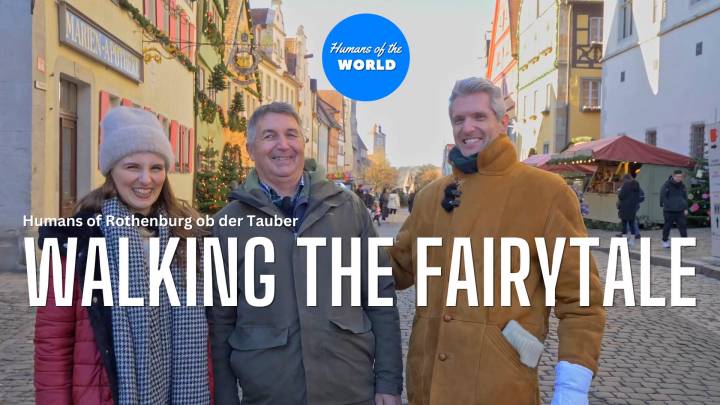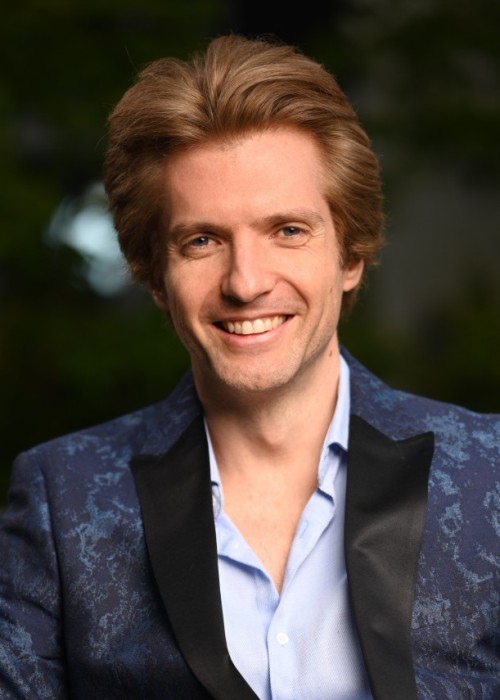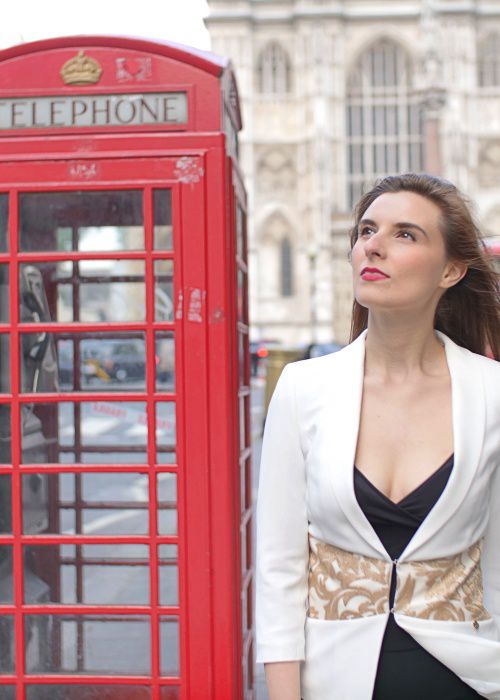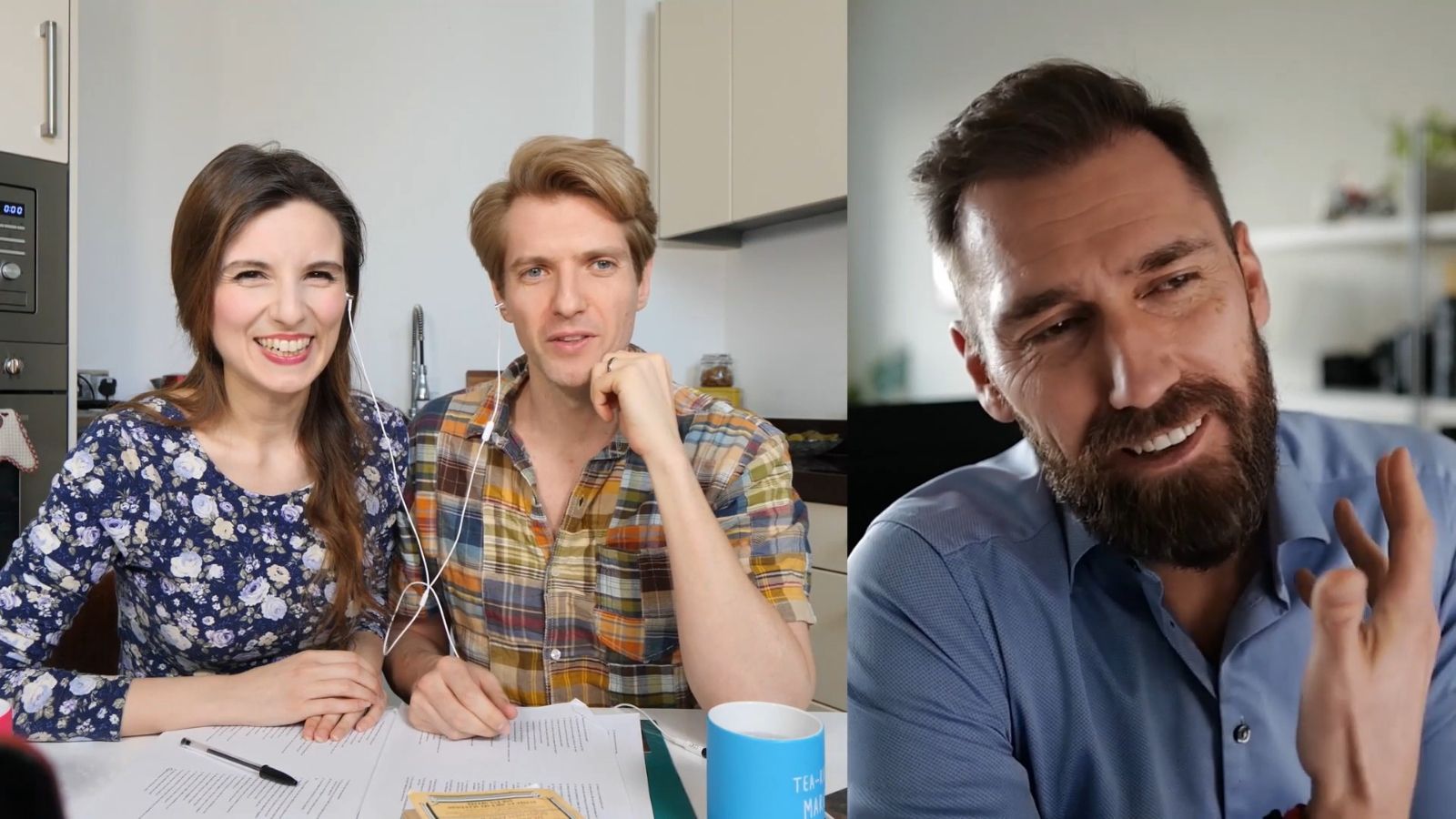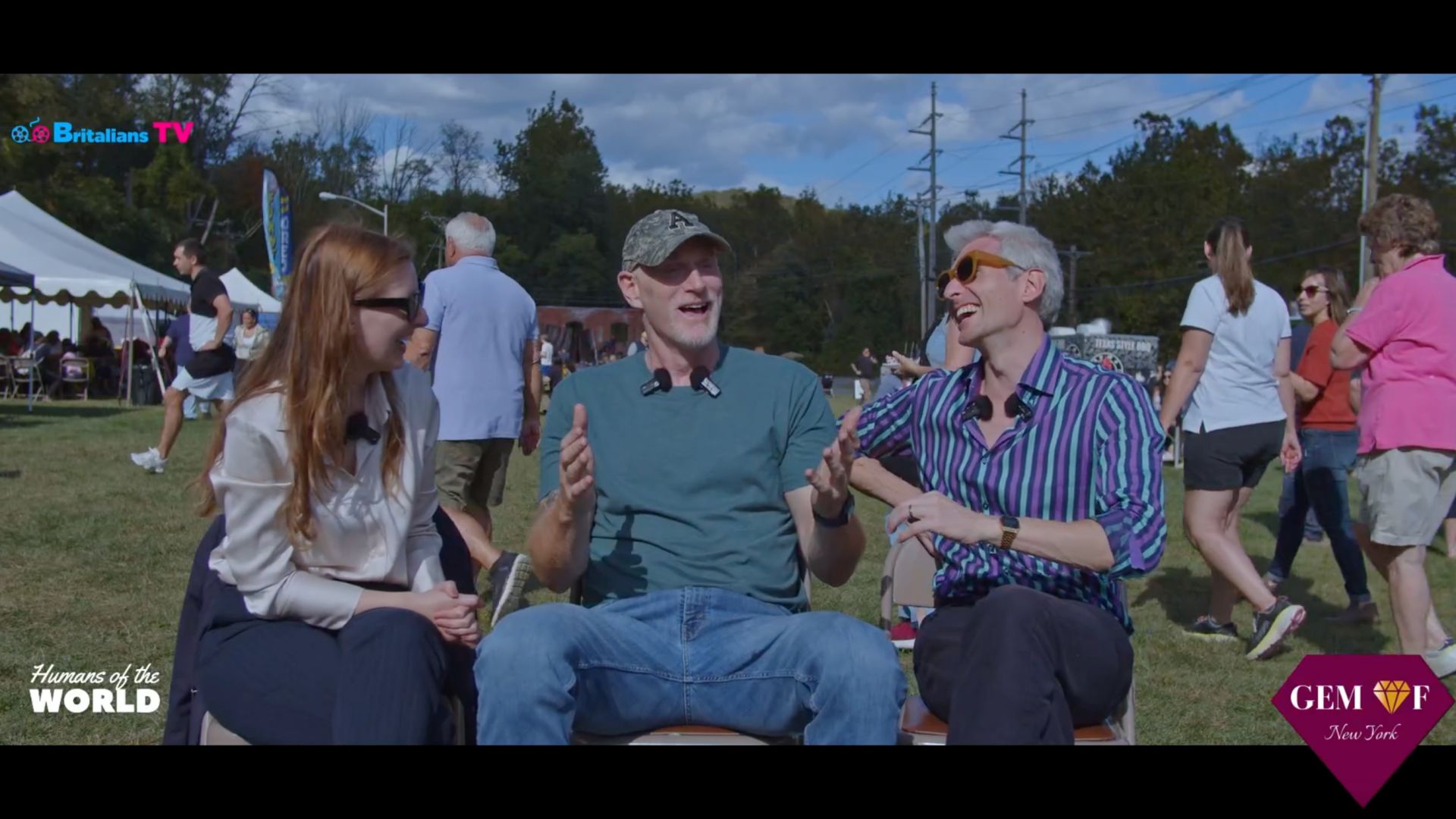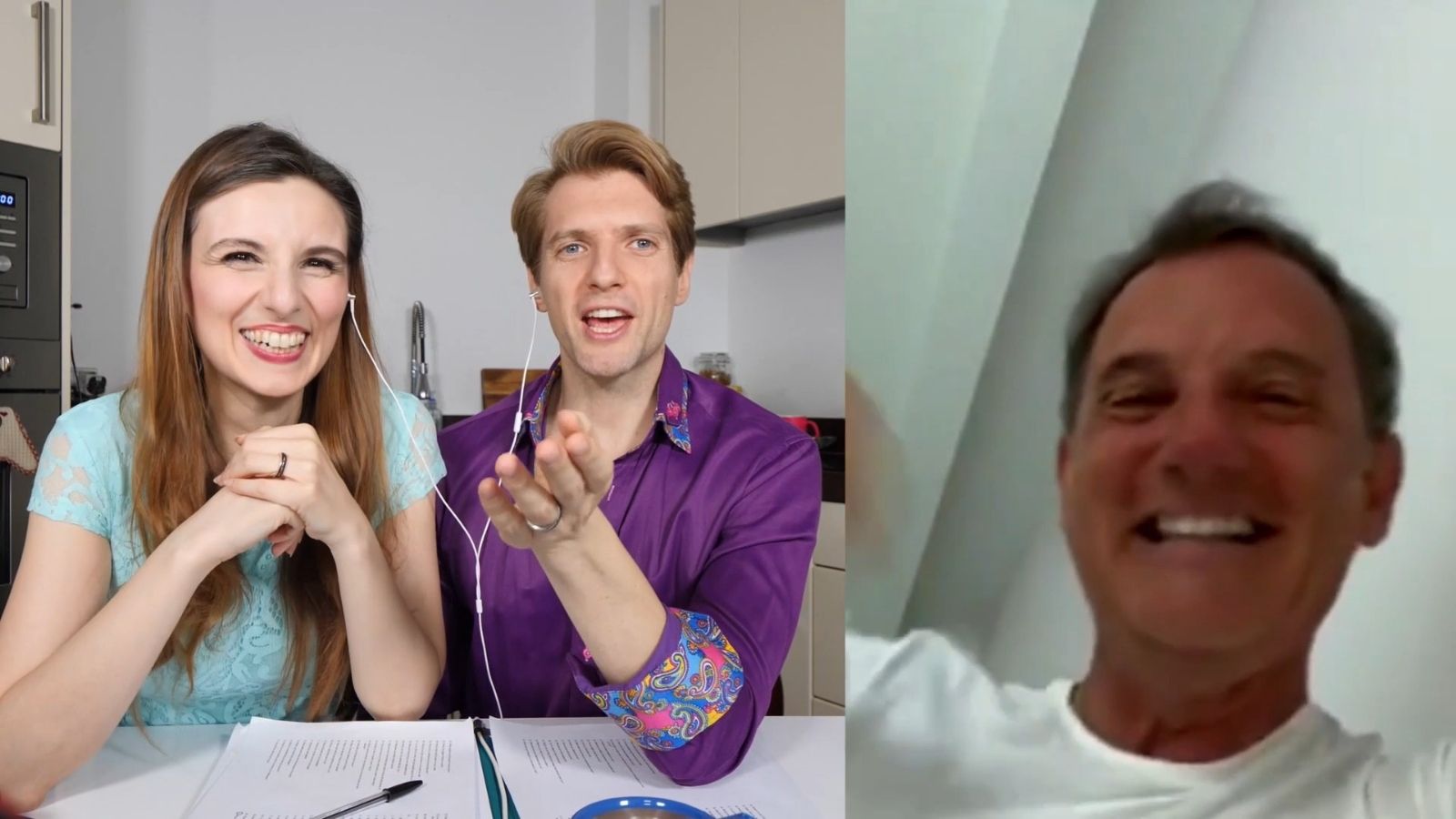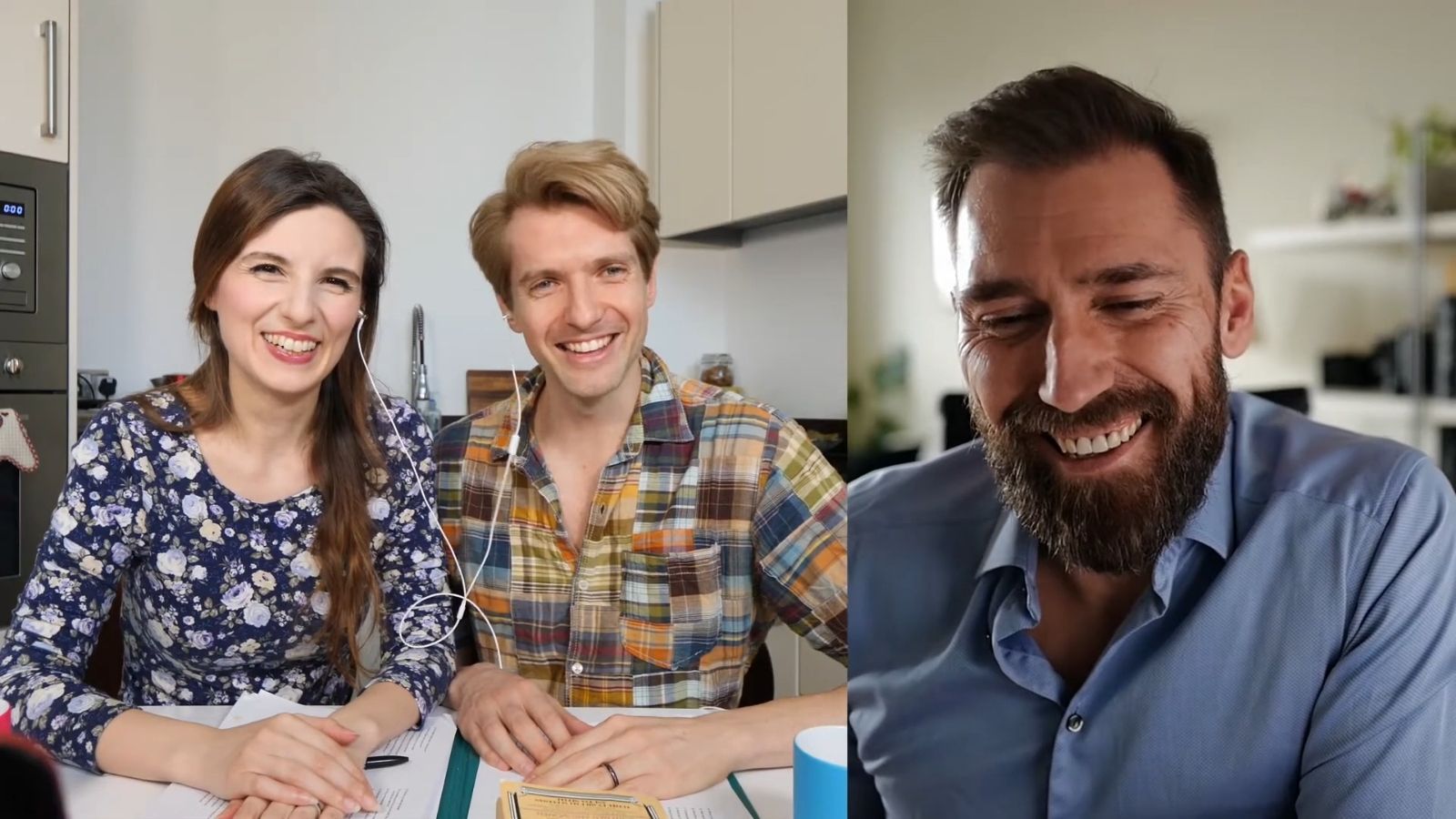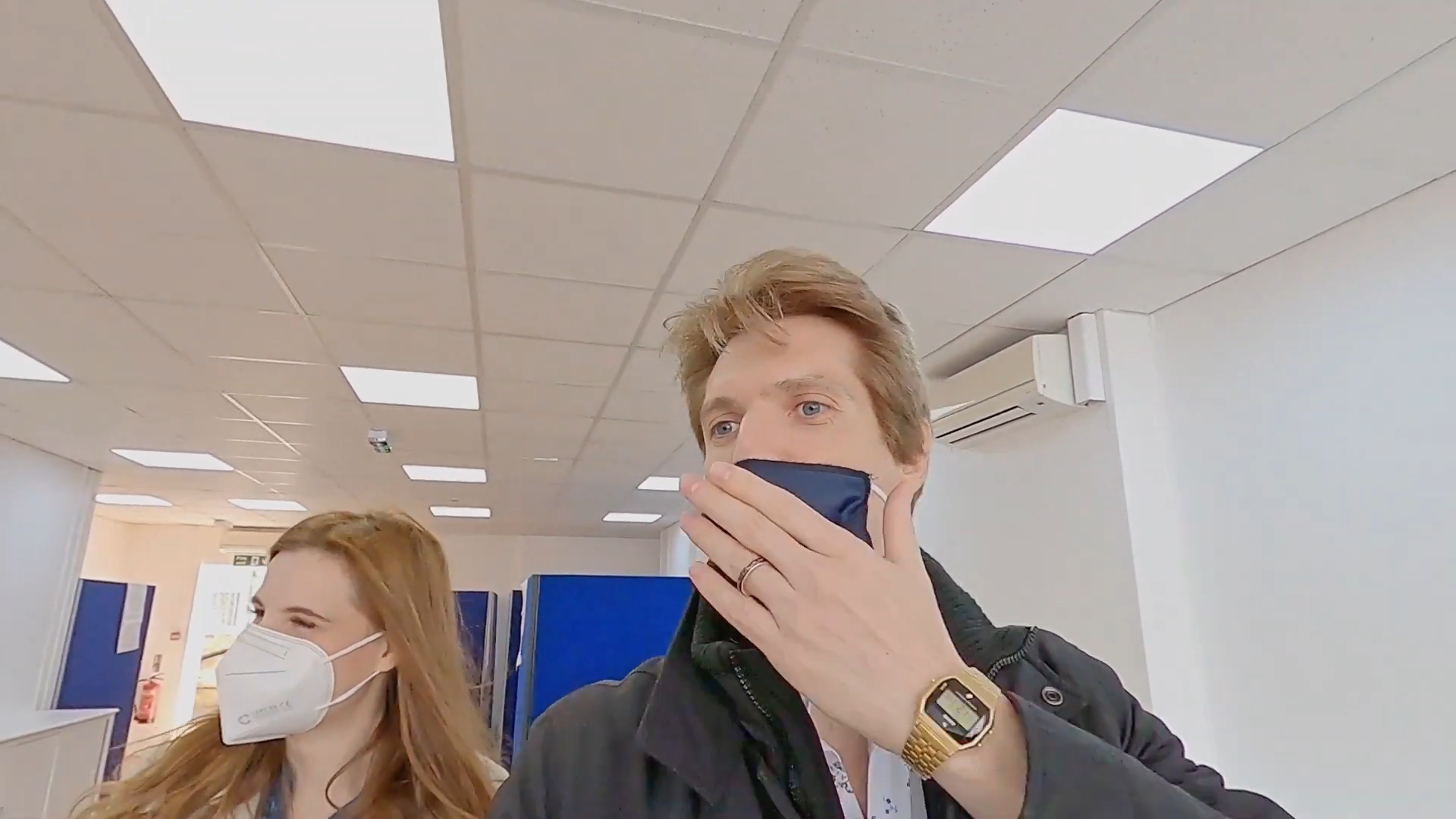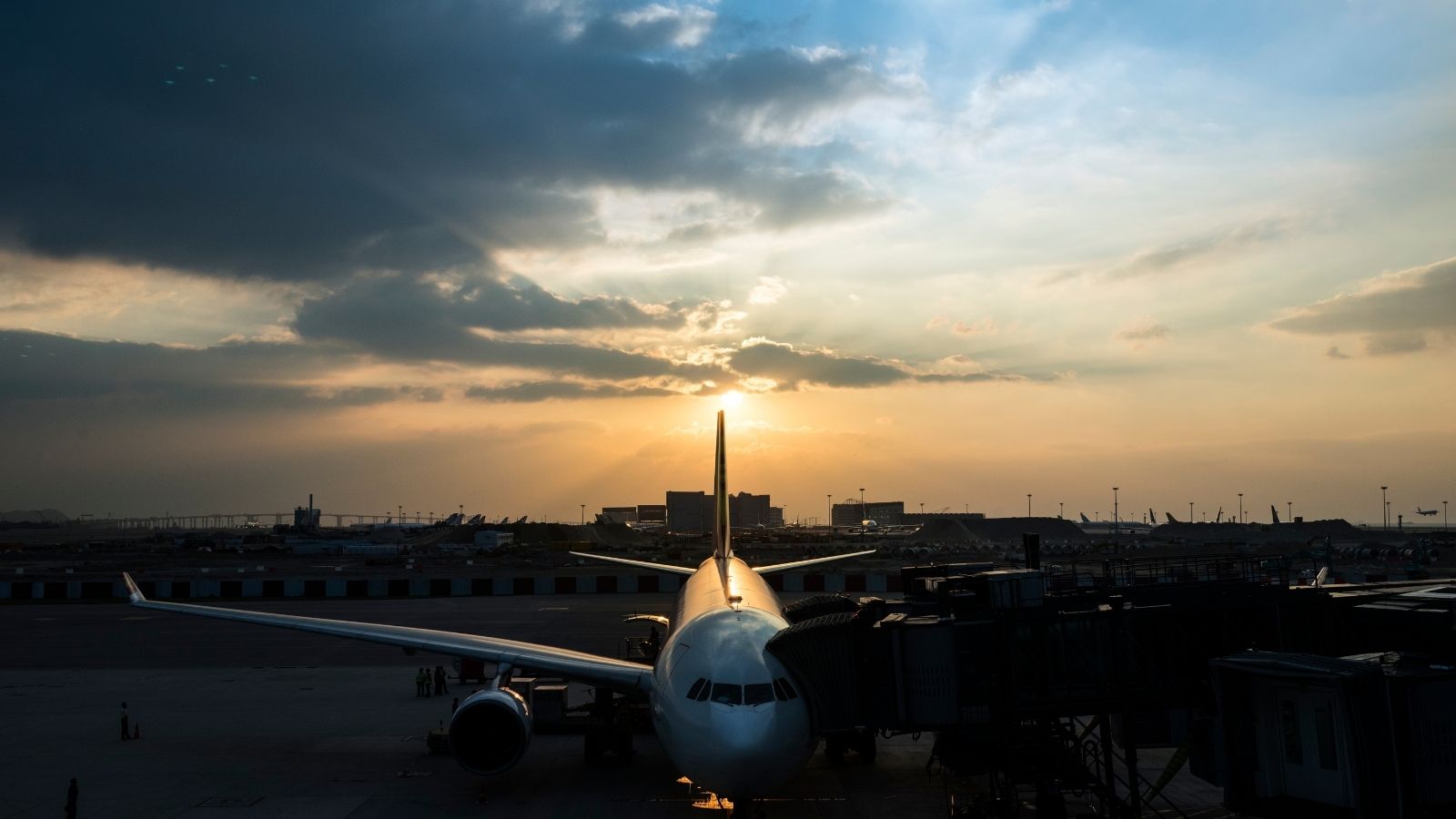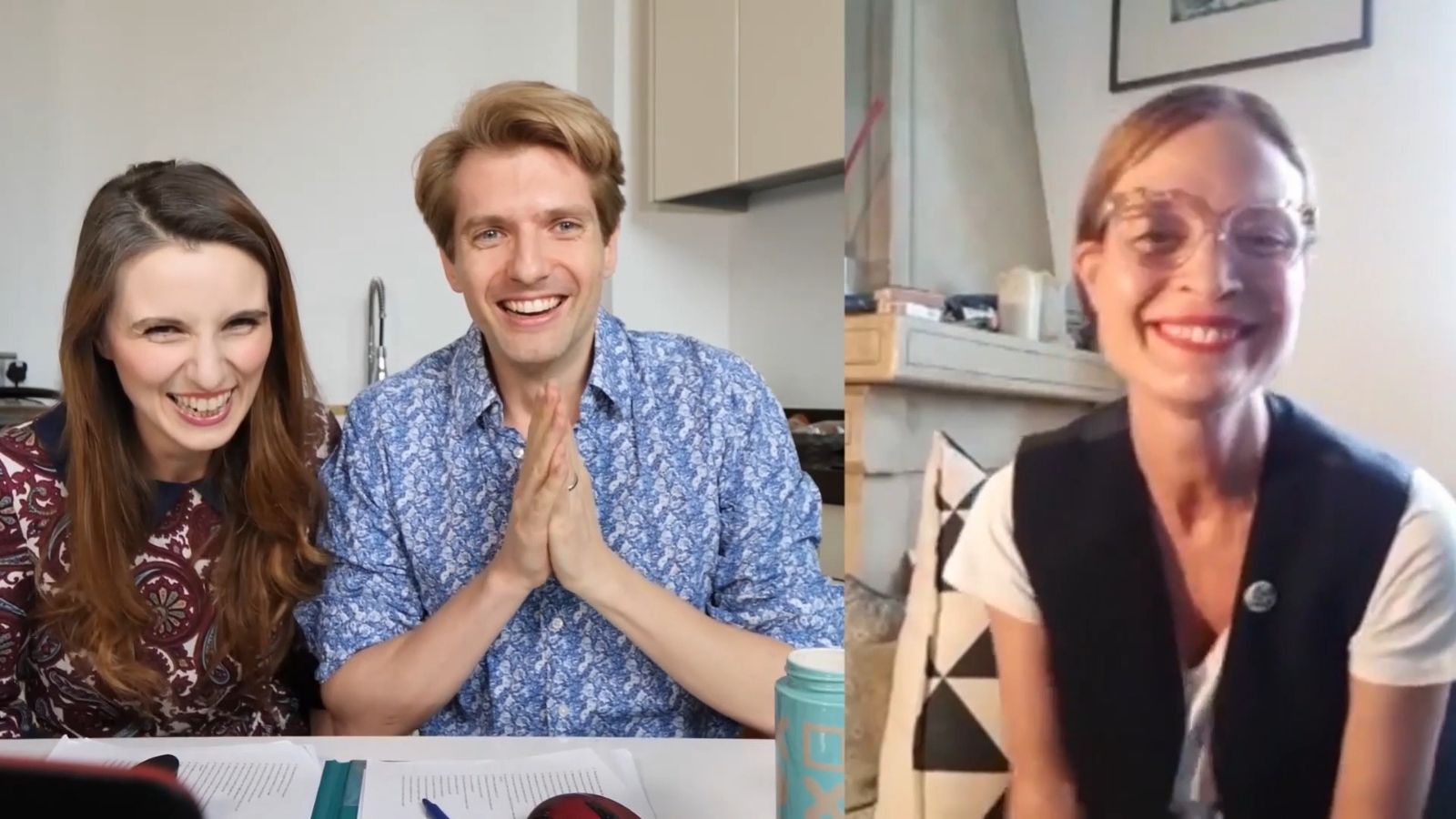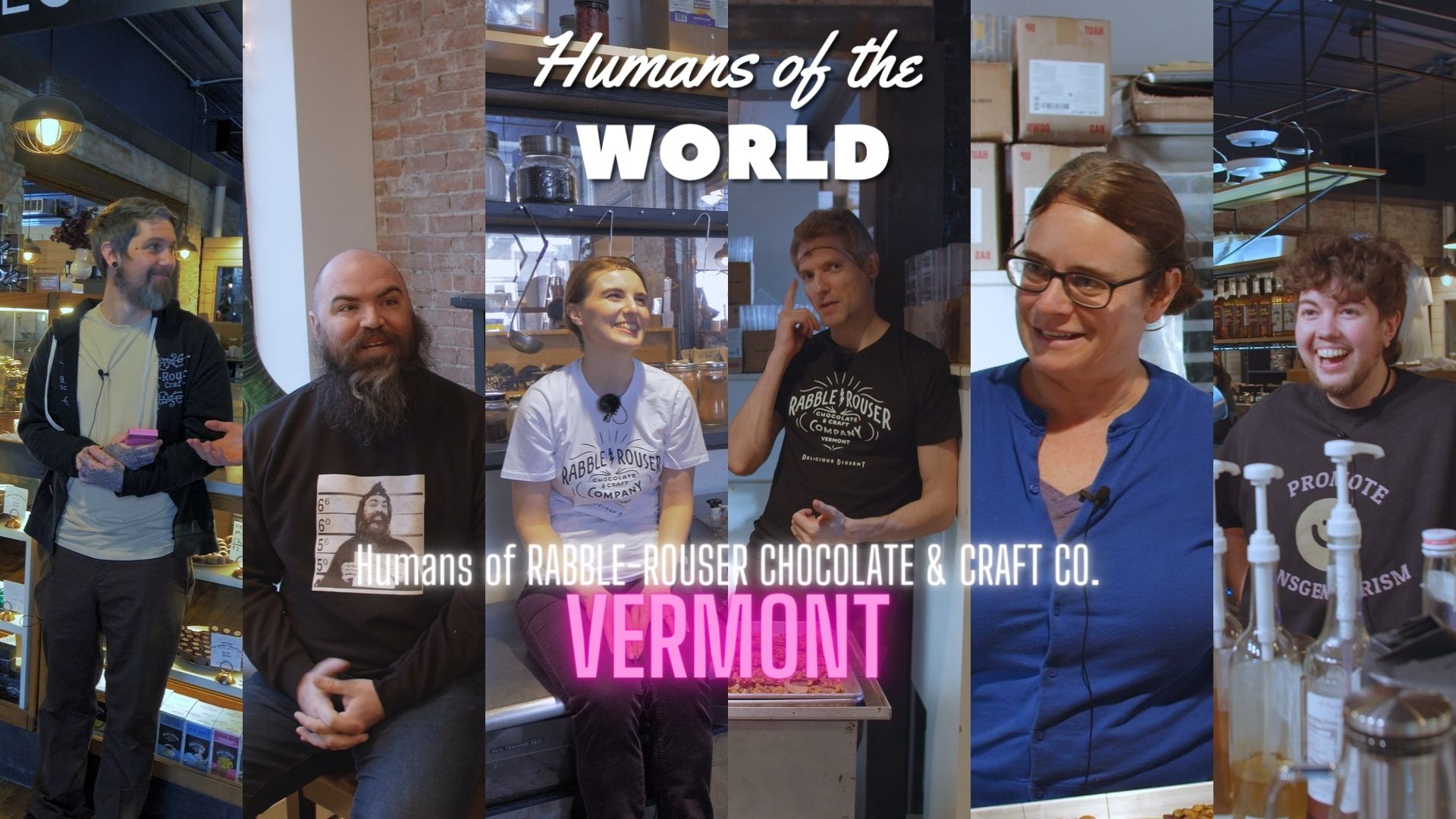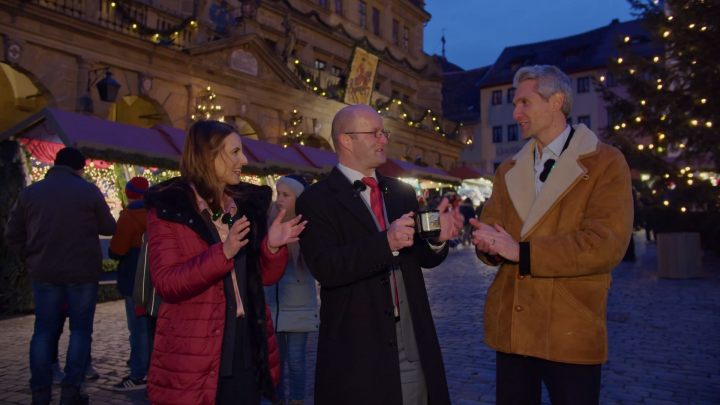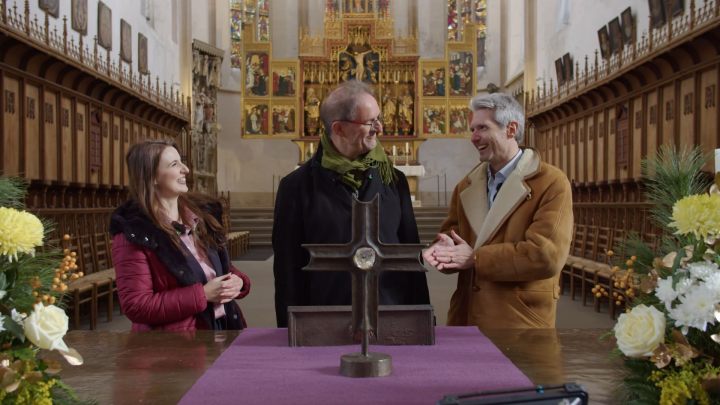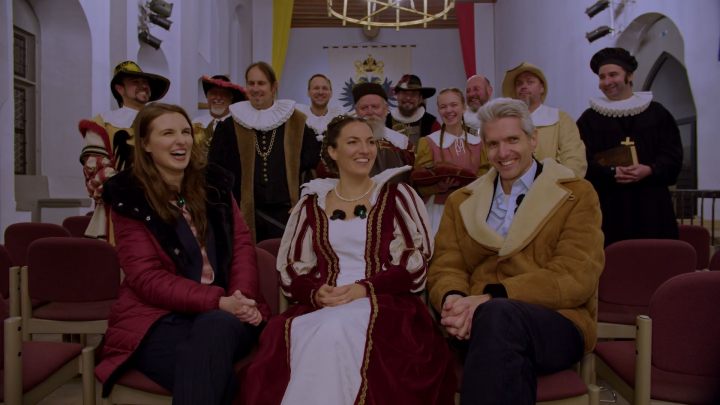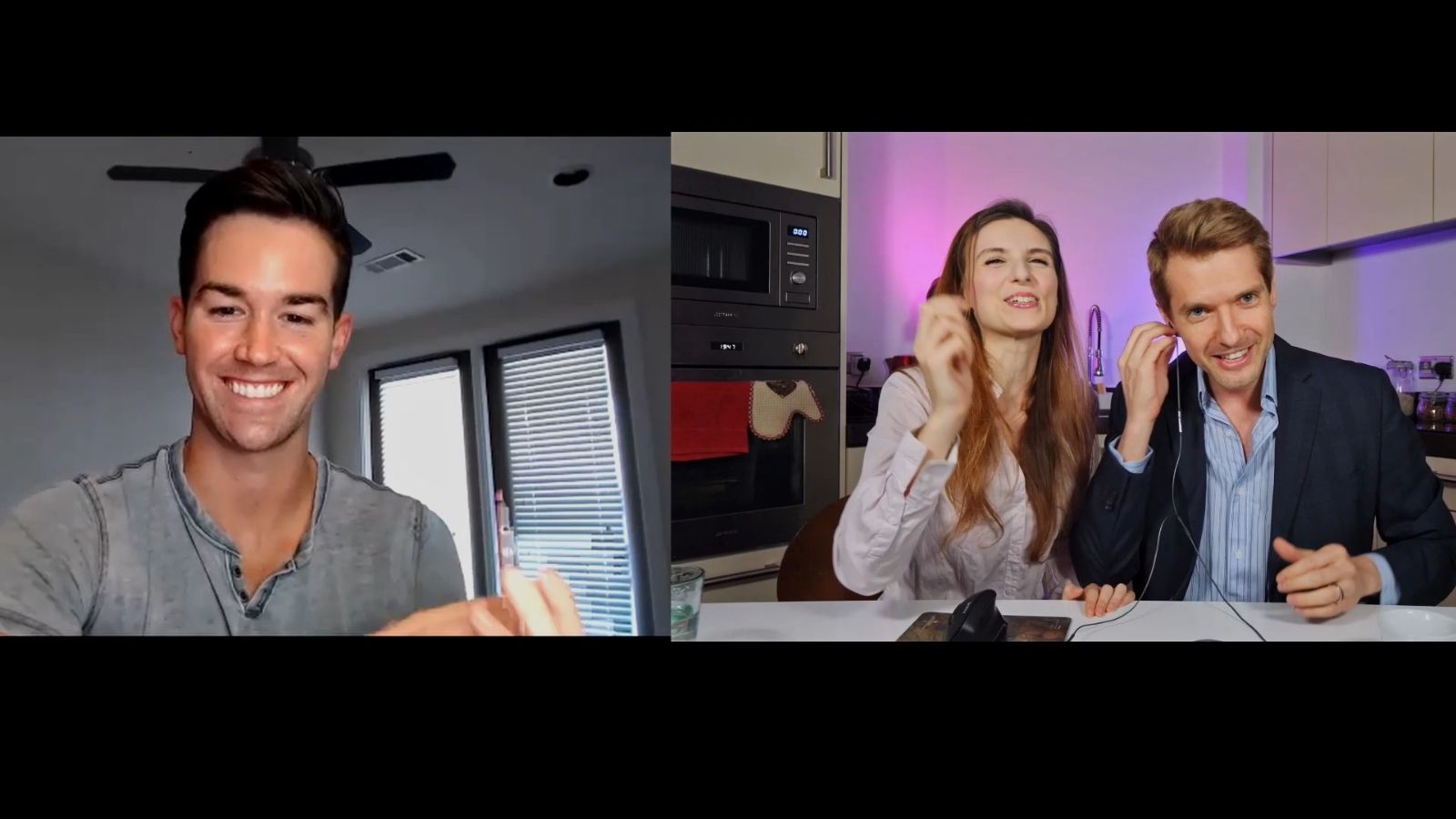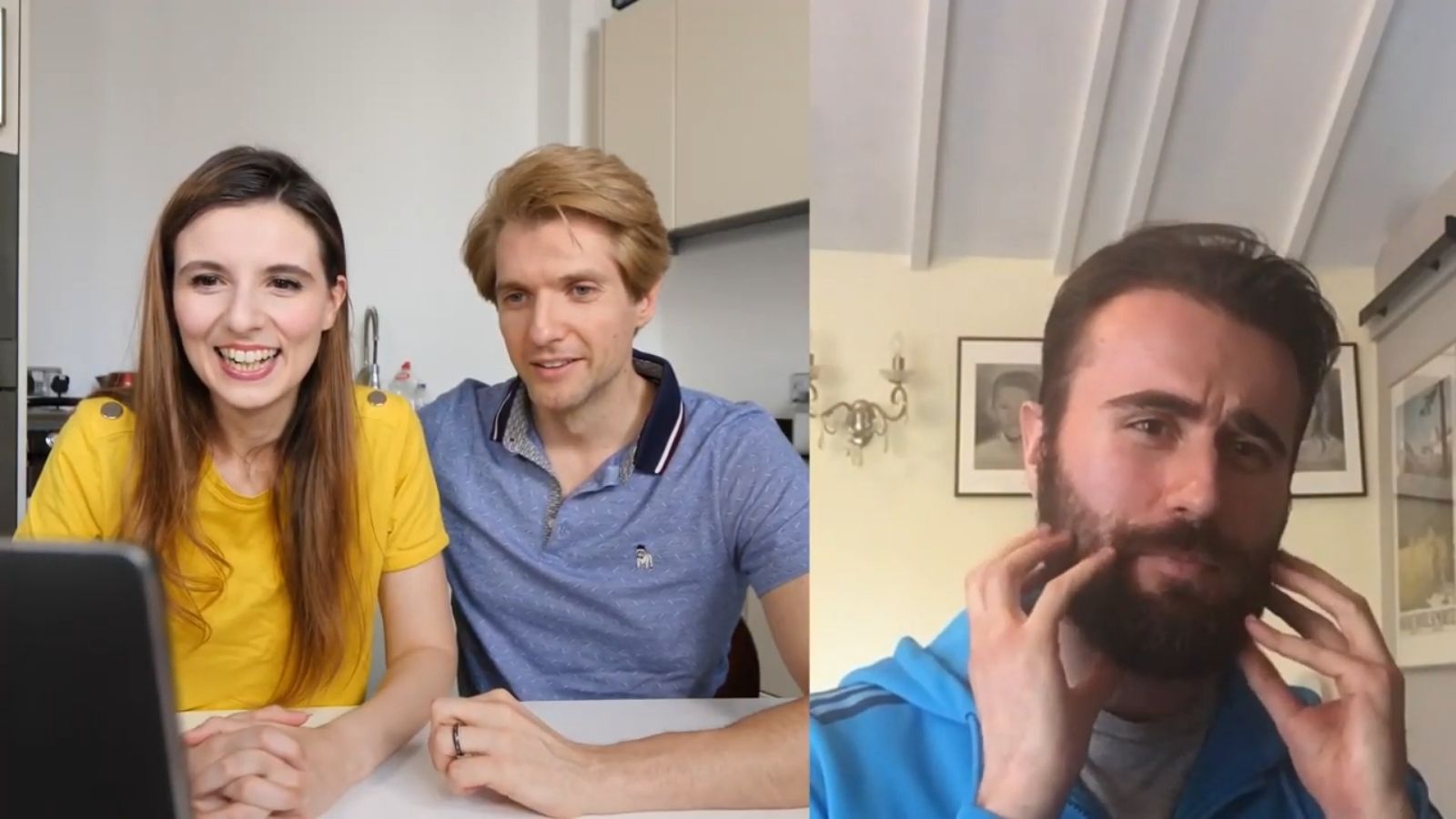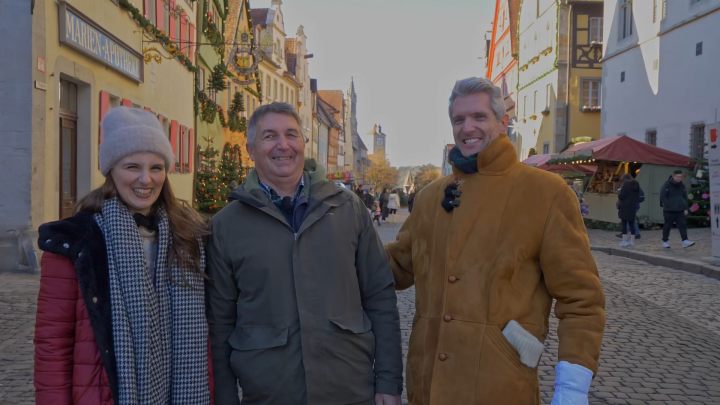
Thu, 14 November 2024 - By Erica Melargo and Marco Biagioli
Exploring Rothenburg: A Journey Through Time, Culture, and Connection
By Marco Biagioli and Erica Melargo
Nestled in the heart of Germany’s Franconia region, Rothenburg ob der Tauber is a town frozen in time—an enchanting place where history, culture, and community converge. It was in this magical setting that Erica and I had the privilege of meeting with Lothar Schdmit, a lifelong resident, for a remarkable conversation that spanned centuries of history, personal stories, and the essence of what it means to belong to a place.
The Charm of Rothenburg: A Walk Through History
Our journey began in the famous Market Square, a picturesque centerpiece of Rothenburg’s medieval Old Town, surrounded by magnificent Gothic buildings and cobbled streets. As Lothar guided us through the square, he shared his deep-rooted connection to this town, his stories intertwined with centuries of history.
“Rothenburg is not just a town; it’s a living monument to the past,” Lothar explained, his voice full of pride. “It’s a place where the past is still present—where you can see the fingerprints of history on every building, every corner.”
Indeed, Rothenburg’s architecture is a testament to its rich medieval heritage. The town is part of a preservation effort to maintain its historic buildings, and even today, with only 11,000 residents, it stands as one of the most well-preserved examples of medieval German towns. Rothenburg’s famed city walls, the 46 historical towers, the five main tower gates and the beautifully preserved old houses all stand as markers of the town’s deep-rooted past.
A Town for the World
What makes Rothenburg unique is not just its rich history, but the vibrant blend of cultures that have passed through its gates. Lothar, who lives in one of these ancient buildings in the southern part of the town, shared his experience of growing up with international tourists from all over the world. Rothenburg, once a small town with only a few thousand residents, now sees millions of visitors each year.
“We’ve grown up with tourists. It’s a small town, but it’s a global stage,” Lothar told us, noting how the town has remained open-hearted to the flow of visitors, embracing their diversity and welcoming them with open arms.
Despite the influx of visitors, Lothar explained, there’s an ongoing sense of intimacy within the town—a balance between the old and new, the history and the modern. During the pandemic, when the streets of Rothenburg fell silent without the usual flow of tourists, he admitted it felt strangely empty, almost as if the heart of the town had been removed.
“We are used to having people from all over the world. But when it’s quiet, when the town is empty, it feels… unusual,” he said. “Without people, it’s just a museum. It’s the visitors, the tourists, who breathe life into this town.”
The Influence of History on Identity
Lothar’s connection to Rothenburg runs deeper than just living here—it’s tied to her family’s history. He shared how his parents were refugees who came to Rothenburg after the Second World War. This blend of histories, he explained, is reflected in Rothenburg’s very identity. As a small town in Germany, it has seen the intersection of different cultures, from the Crusaders and medieval monks to Jewish communities, making it a microcosm of European history.
When asked about his identity, Lothar responded thoughtfully, “I see myself as a European. I’m proud of my German heritage, but I also embrace the diversity that this town represents. We are a town with an open heart. People from all religions, all colors, all walks of life visit us. And that is something to be proud of.”
His words struck a chord as we walked past the town’s famous church–St. Johannis, and the nearby Franciscan monastery, which stand as symbols of Rothenburg’s religious and cultural diversity. As Lothar explained, the town has witnessed significant moments in European history—moments that have shaped not just Rothenburg but the entire continent.
Rothenburg’s Heartbeat: A Living History
As we continued our walk, we passed through the town’s medieval gates and made our way to the Crime Museum, housed in an old monastery. Rothenburg, with its centuries-old churches, monasteries, and defensive walls, is a living museum that tells the stories of the past in ways that textbooks never could.
Lothar spoke passionately about the importance of preserving Rothenburg’s history, not just for its aesthetic value but for its educational purpose. “It’s not just about looking at old buildings. It’s about understanding how people lived here—how they survived, thrived, and interacted with the world around them. It’s a story of resilience, of survival, and of evolution.”
The medieval crime museum, with its eerie displays of historical punishments, is a stark reminder of the town’s darker past. Yet, it’s also a testament to the ways in which the town has transformed, from a center of medieval justice to a place where people from across the world come to reflect on the past and appreciate the present.
A Global Village in a Medieval Setting
Rothenburg is a town that lives in the present while honoring its past. It’s a town that understands the delicate balance between preserving history and adapting to the modern world. Lothar’s story is a microcosm of this balance—a bridge between the past and the future, a reflection of the changing tides of European history.
At the end of our walk, Erica and I both felt a profound sense of connection—not just to Rothenburg, but to the people we met along the way. Lothar’s passion for his town and its history was infectious, and his open-hearted embrace of its diverse visitors reminded us of the importance of keeping our hearts and minds open in an ever-changing world.
As Lothar summed it up perfectly, “To live here means to live with a foot in the past and a foot in the future. We are a small town, but our hearts are big, and we are proud to share our history with the world.”
In Rothenburg, every corner tells a story, and every story connects us all, no matter where we come from. This is the beauty of history—it unites us, and through that unity, we discover not just the past, but a way to connect with one another across time and space.
Humans of Rothenburg ob der Tauber Season 10, Episode 1 “Walking the Fairytale” is now streaming on Britalians TV.





